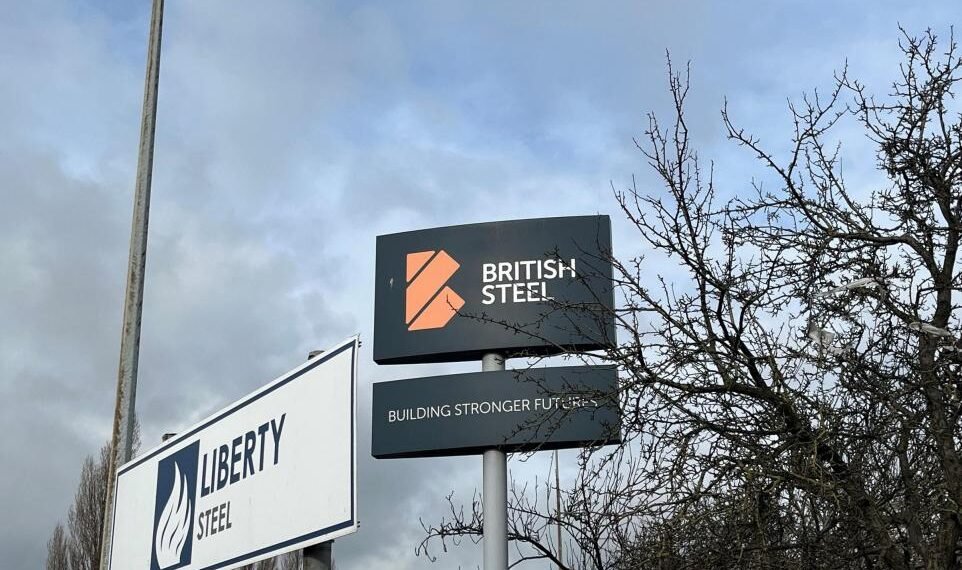As concerns mount over the potential collapse of British Steel’s Scunthorpe plant, Prime Minister Keir Starmer has said that “all options are on the table” — including nationalisation — highlighting growing urgency in the government’s response to the steelworks crisis.
The Scunthorpe steelworks nationalisation plan has become central to the public discourse, with reports indicating that ministers are actively considering the move to prevent a historic collapse of Britain’s virgin steel capacity.
British Steel, owned by China’s Jingye Group, announced a consultation on plans to shut down its blast furnaces in Scunthorpe, triggering alarm about the possibility of thousands of job losses. According to union leaders and industry insiders, the company has already begun cancelling orders for critical raw materials — such as iron ore and coking coal — needed to keep the furnaces running.
Appearing before the liaison committee, Starmer confirmed that talks are ongoing and stressed the importance of securing the plant’s future.
“We will keep talking. We have made an offer, but all options are on the table in relation to Scunthorpe. I think it’s really important and we’re in the middle of those discussions.”
Keir Starmer
When pressed for further clarity, Starmer responded cautiously, saying, “I don’t want to be unhelpful to the committee, but as you can imagine these are ongoing discussions at the moment.”
“I can reassure the committee that we’re doing everything we can to ensure there is a bright future for Scunthorpe.”
Keir Starmer

Nationalisation Emerges As Real Possibility
The situation at Scunthorpe has grown more urgent as insiders reveal that without immediate action to secure raw materials, the plant may be forced to shut down within days.
To buy time, ministers are reportedly considering placing the raw material order themselves — an intervention that could come as early as Wednesday.
According to sources, “Nationalization looks like the only viable option if Britain wants to prevent itself from becoming the only G7 economy without a virgin steel industry.”
This potential move has sparked political debate across the spectrum. Reform UK has openly called for nationalisation if it becomes necessary. However, Conservative leader Kemi Badenoch pushed back, saying such a move “has got to be a last resort.”
Criticism has also emerged from Wales, where Plaid Cymru has questioned the double standard in government responses. The party’s trade spokesperson, Llinos Medi, said it would be a “betrayal” for the government to nationalise Scunthorpe after ignoring similar calls to save the Port Talbot steelworks.
“When Plaid Cymru called for the nationalisation of Port Talbot to safeguard Welsh steel, Labour dismissed it without hesitation. Now, as the UK Government considers nationalising British Steel in Scunthorpe, Labour’s quiet acceptance of a Tory plan that cost 2,500 jobs in Port Talbot is nothing short of a betrayal.”
Llinos Medi
The unfolding situation has placed immense pressure on the government to act decisively. With Britain’s industrial backbone hanging in the balance, the Scunthorpe steelworks nationalisation plan may prove to be a defining moment in the UK’s economic policy on heavy industry and public ownership.






















